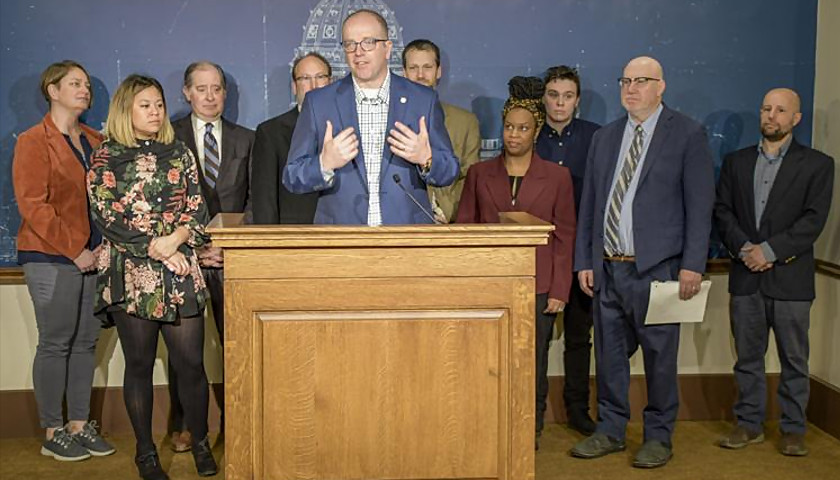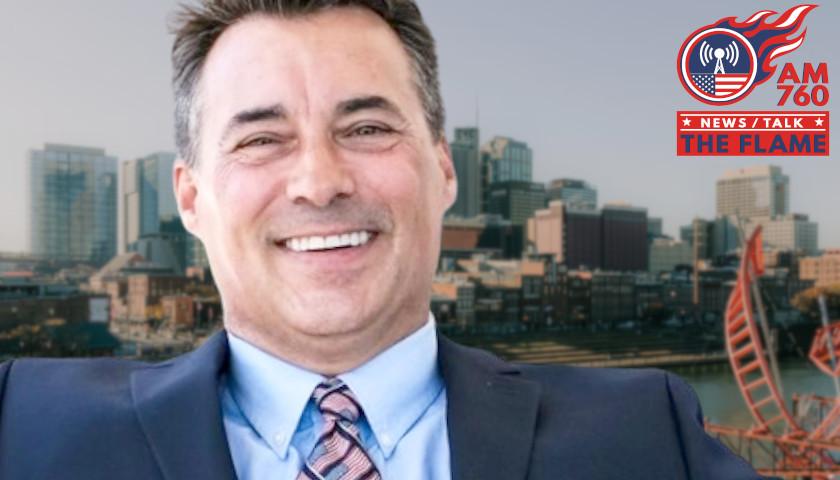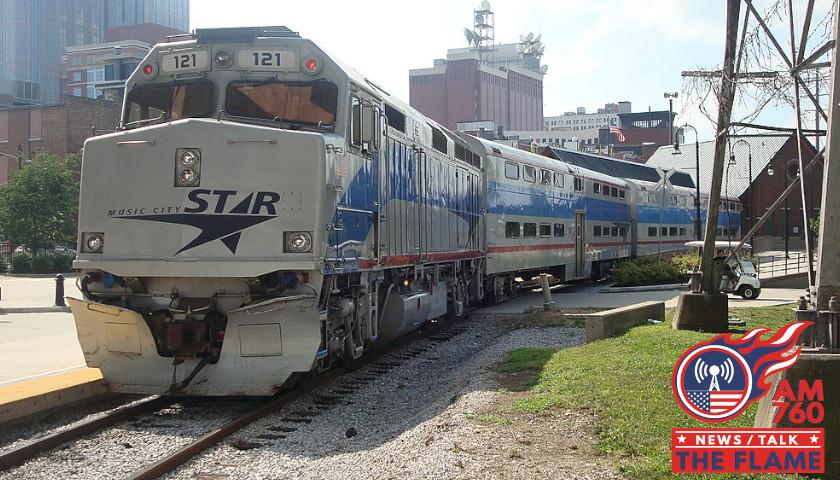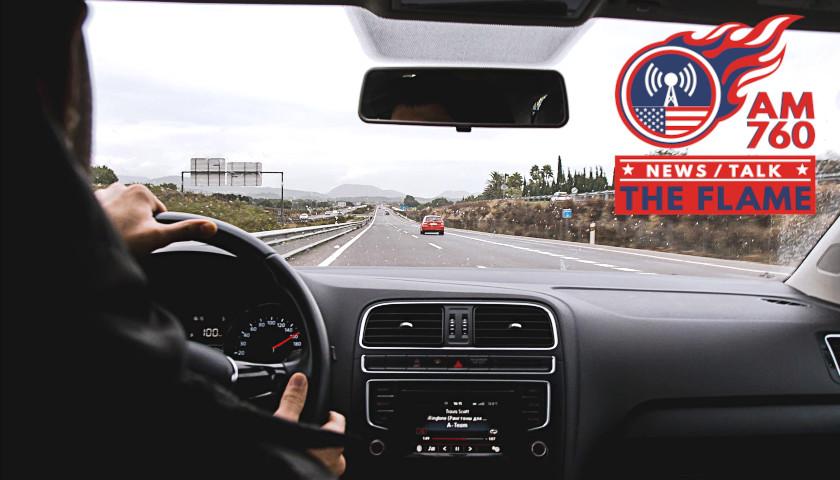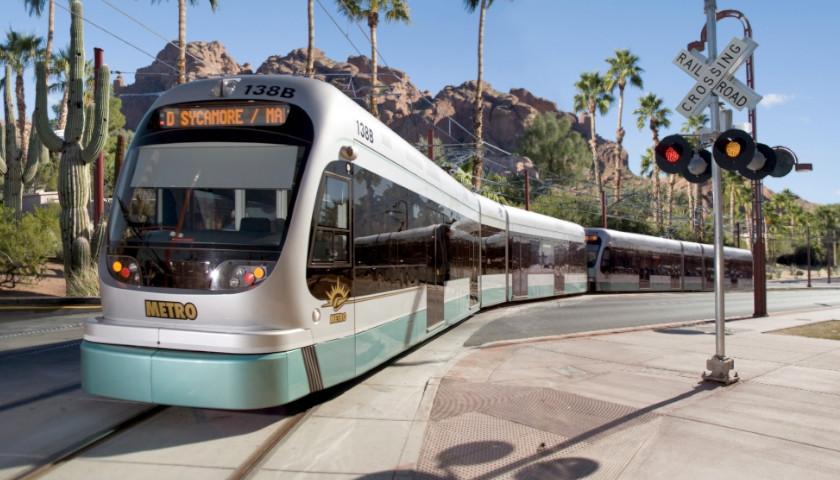by Scott McClallen
Transportation leaders held a press conference Monday announcing legislation aimed to promote safety, decriminalize fare evasion, and increase ridership on the light rail system.
HF 3085, if passed by the House and Senate and signed into law, would also create a Transit Ambassador Program to help connect riders with services.
State Rep. Brad Tabke, DFL-Shakopee, sponsored the bill.
“This bill is about making sure our transit system is safe and welcoming for any Minnesotan who chooses to use it,” Tabke said. “By adding personnel to light rail trains, we are replacing a flawed system with one that will increase safety and fare compliance.”
Current Metro Transit policy is to issue a warning the first time a rider doesn’t show proof of payment, and after the second offense, to fine the rider $180.
Less than 3 percent of fare evasion citations in the state are actually paid, Tabke said, and nonpayment on a $2 fare can result in a $180 fine and a misdemeanor, on par with a driving-under-the-influence (DUI) citation, a $500 property theft, or an assault.
“We don’t think that’s correct,” Tabke said. “We have bipartisan support in the House and Senate for the concept that’s not a good thing for all Minnesotans.”
The bill seeks to lower that penalty from a misdemeanor to a petty misdemeanor, on par with a traffic or parking ticket, Tabke said.
Under the bill, nonpaying riders would be fined $35, with proceeds funding the ambassador program.
The Transit Ambassador Program would seek to increase the presence of unarmed personnel on trains who are trained in de-escalation and are available to help riders.
Ambassadors would inspect fares and issue administrative citations, Tabke said, freeing up time for law enforcement officers who currently check tickets to respond to more serious incidents.
State House Transportation Chair Rep. Frank Hornstein, DFL-Minneapolis, said the group collaborated with elected officials and transit riders to form a similar system enacted in the Southeastern Pennsylvania Transit Authority, King County in Seattle, and TriMet in Portland.
Hornstein said the similar Bay Area Rapid Transit system in San Francisco resulted in an increase in fare collections and a drop in crime.
“This is a proven strategy,” Hornstein said. “We know it works. We’re not the first metropolitan area to try it.”
Metropolitan Council Chair Charlie Zelle said that the ambassador program would lead to a safer and more welcoming environment.
The legislation, proponents say, addresses recent increased crime on light rail trains.
FOX 9 in November reported 59 aggravated assaults on light rail trains from January 1, 2019 to July 31, 2019, up from 52 in all of 2018, and 41 in 2017.
The bill would set a goal of inspecting ticket compliance for at least 10 percent of riders by 2024.
The Legislature reconvenes on Tuesday, February 11.
– – –
Scott McClallen is a staff writer covering Michigan and Minnesota for The Center Square.

